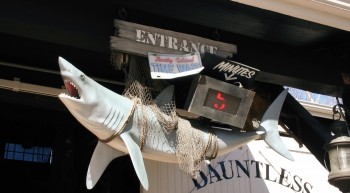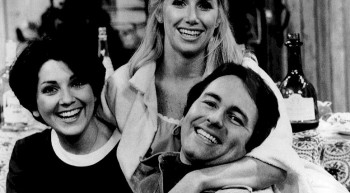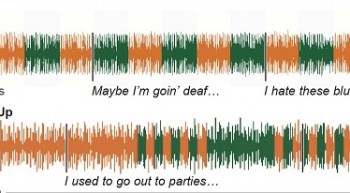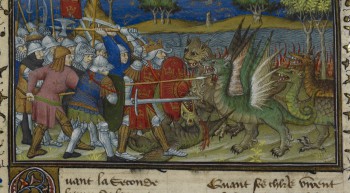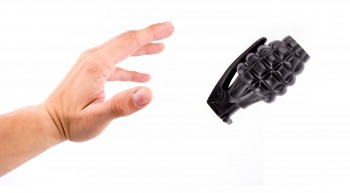Pirate streaming site Grooveshark closed its operations last week rather than face the prospect that its founders would be personally liable for potentially $736 million dollars in damages. Two separate courts had issued summary judgements against them, with one Court noting that Grooveshark had sent out over 36 million music streams without payment or license. How did they stay in business for nearly 10 years? By hiding behind the DMCA safe harbor provisions, of course. Nova Southeastern University's Copyright Officer, Stephen Carlisle, J.D., takes you through the facts and findings of the two judgements and suggests how future Groovesharks can be prevented.
